Why can’t bread be stored in the refrigerator, but can be stored in the freezer?
Many people mistakenly believe that the refrigerator is the best place to store a variety of foods. In many families, it acts as a universal “food warehouse”. All products are placed here, from meat to cereals and pasta. The refrigerator is also used for storing baked goods. In this way they try to protect it from drying out. However, the refrigerator does not always cope with its purpose. Often, a fresh loaf here spoils after a few days, becoming stale and moldy.
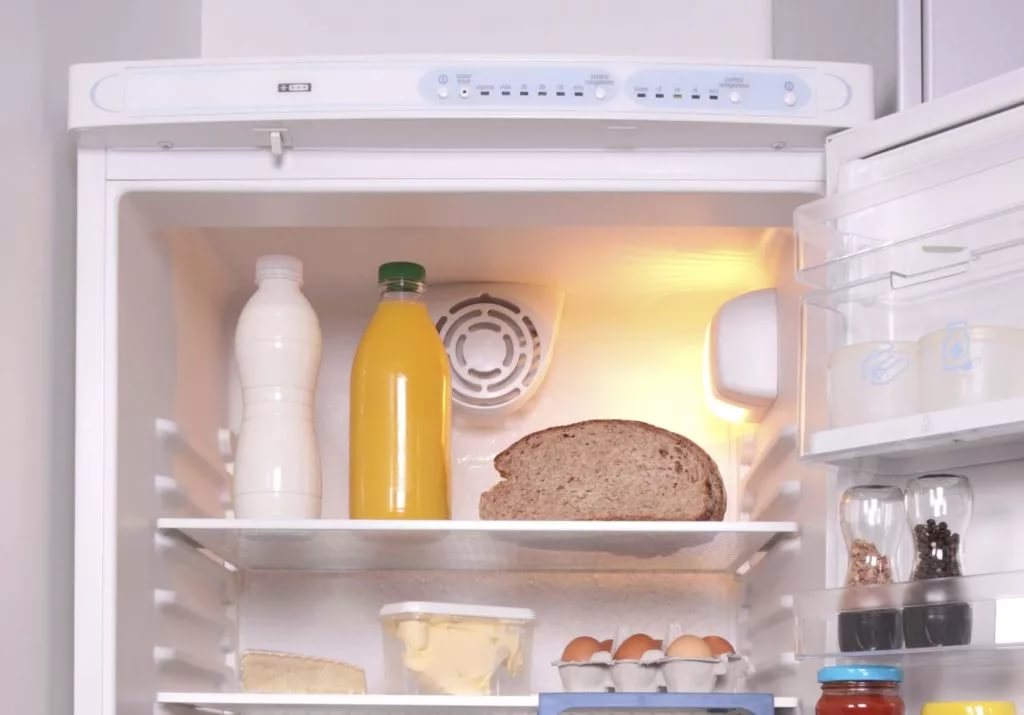
The content of the article
Why is the refrigerator not suitable for storing bread?
Throwing out a spoiled loaf of bread from the refrigerator, people begin to blame the manufacturers for allegedly producing low-quality products. But few people think that the reason for everything is the refrigerator! It is not intended for storing such products at all..
It is not recommended to use it in this capacity for several reasons.
Rapid loss of moisture
Freshly baked bread consists of 50% moisture. Thanks to this, it has an elastic, soft consistency.
The standard temperature inside the refrigerator compartment, depending on the operating mode, is from 0 to +5° C.
Reference! At this temperature, the moisture from flour products evaporates quite quickly. Therefore, the loaf becomes stale already on the second day.
Mold formation
Something like this happens if the loaf sent for storage in the refrigerator was previously sealed in a plastic bag.
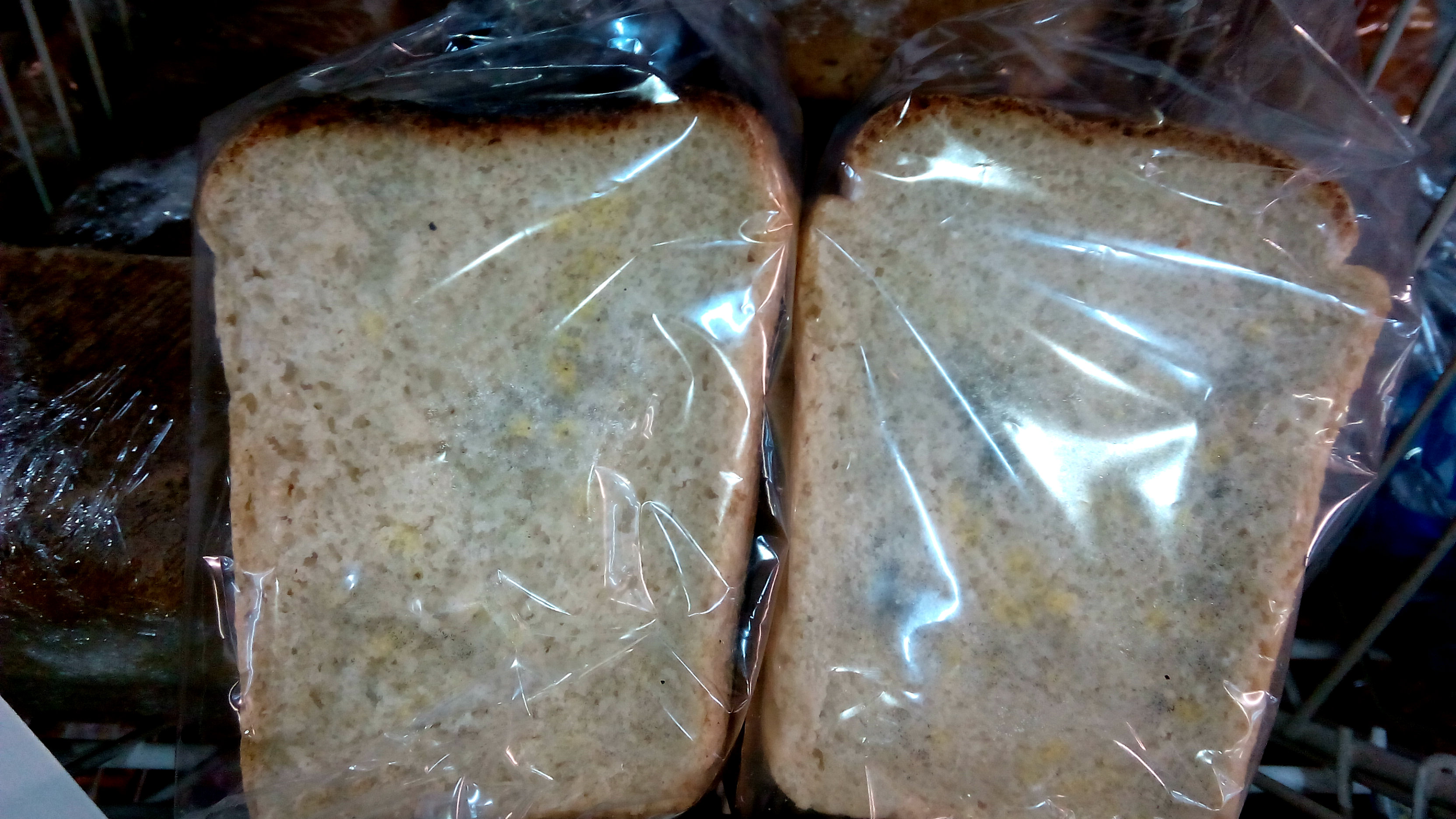
Causes of moldy bread in the refrigerator
- Most flour products contain yeast - living organisms related to fungi. Actively releasing carbon dioxide during their life, they loosen the dough, making it airy.
Reference! Yeast retains its activity even after baking, continuing to release CO2 for another day.
- The loaf is sent to the refrigerator in a sealed airtight plastic bag. It overflows throughout its entire volume carbon dioxide.
- In addition to this we should add increased humidity inside the plastic packaging, arising due to the inability of the released water to evaporate. As a result, we obtain the most favorable atmosphere for the rapid development of mold, which initially forms on the surface, gradually penetrating deeper.
Important! In the refrigerator, mold growth on bread occurs rapidly. In just one day, it can cover most of the loaf with a thin layer, making it unsuitable for consumption.
- The porous structure of flour baked goods determines its ability to quickly absorb foreign odors. Dough products stored in the refrigerator absorb and retain the odors of nearby foods (fish, vegetables, meat). At the same time, they lose their aroma. As a result the culinary qualities of the product deteriorate literally in an hour or two.
Attention! If you do decide to put the bread in the refrigerator, pack it in a breathable paper bag or wrap it in a cloth, such as a clean towel. This will protect it from mold, while at the same time preventing it from drying out quickly and prematurely.
Why can bread be stored in the freezer?
If you decide to preserve a loaf of bread for a long time, then it is best to use the freezer for these purposes.
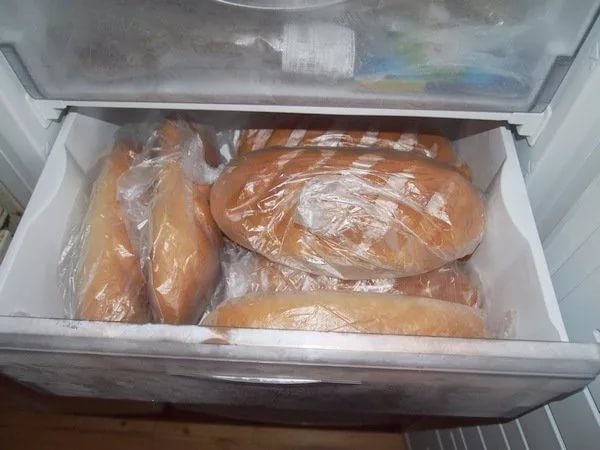
What's better than a freezer?
The fact is that preservation of freshness depends on the rate of evaporation of the moisture contained in it.
The faster dehydration occurs, the faster the fresh soft loaf turns into crackers.
Reference! Evaporation of moisture is possible only at temperatures above 0°. Below this indicator, water freezes and its molecules lose mobility.
This is the essence of preserving bread in the freezer, at temperatures below zero.
Rules for storing bread in the freezer
The process of freezing bread products should be carried out observing a number of rules.
- Bread must first be cut into portions and freeze as slices.
Important! The fact is that a once defrosted loaf loses its taste when re-frozen.
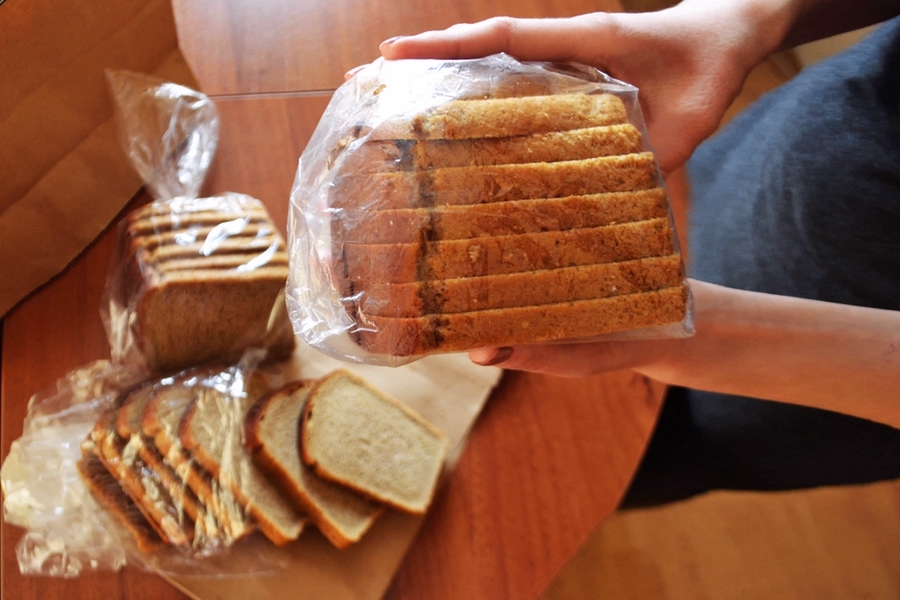
- A loaf placed in the freezer needs to be pack in metal foil, thick paper or cling film. This will protect it from foreign odors emanating from food stored in the freezer. It will also prevent moisture from evaporating until the bread is completely frozen.
- It is recommended to freeze freshly baked bread. This way there is a higher chance of retaining all its taste.
- To ensure that the defrosted loaf retains its original culinary properties, it should thaw gradually, at room temperature.
- It is recommended to remove the bread from the freezer a couple of hours before the meal, simply leaving it on a plate for “delicate” defrosting. There is no need to remove the packaging from it until the meal to avoid loss of aroma and elasticity characteristic of a fresh product.
Attention! Preserving bread products in the freezer is suitable only for short periods - no more than two weeks.
After this, under the influence of low temperatures, the process of starch destruction begins. It loses its viscosity, and the melted bread begins to crumble and crumble when you try to cut or break it.





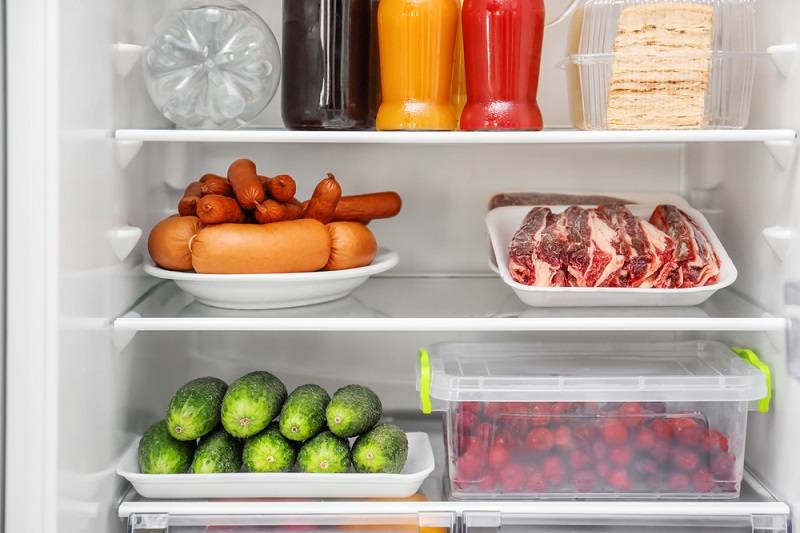
Thanks to the freshness zone in my indesite, there are no problems with storing bread)